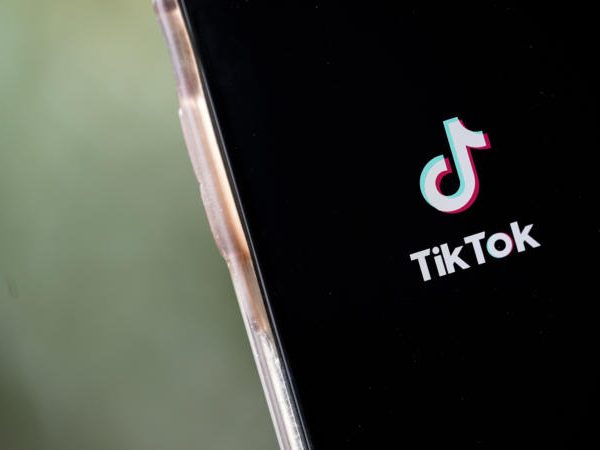Black Girls Code is back with another initiative to educate young Black girls about coding.
According to an April 2024 press release, nonprofit Black Girls Code teamed up with GoldieBlox, a STEM-focused children’s multimedia company, for Code Along Jr. The free video-based coding academy is based on Code Along — a Black Girls Code coding program — and is for girls who are ages 7 to 10.
Launched live in Los Angeles, CA, Kalani Jewel, a child actress, hosted the coding academy’s live event, the press release details.
“Together, we can change the face of technology,” Black Girls Code CEO Cristina Jones shared in a statement. “Kalani, as a vibrant and energetic 12-year-old, is the perfect host for Code Along Jr. She shows girls that tech is fun, not scary. She reaches them at their level and shows them that they can do anything they want. This is so important because tech is at the center of everything we do, and Black girls absolutely have a lot to offer as entrepreneurs, executives, creators, and artists of the future.”
Powered by the kids coding platform Scratch, Code Along Jr. consists of six free coding video tutorials for skill-building. The program encourages and inspires the next generation to learn about science, technology, engineering, and mathematics (STEM), just as Code Along has done.
With a mission to help young girls develop an early interest in STEM, Black Girls Code’s new program greatly aligned with GoldieBlox’s work.
“GoldieBlox lives at the intersection of technology, play, and girl power,” Debra Sterling, founder and CEO of GoldieBlox, said in the press release. “A partnership with Black Girls Code on Code Along Jr. is a natural fit for us. We are thrilled to help expose girls to the magic of tech-enabled creativity and support them on their learning journey.”
The press release also mentioned that, according to a 2023 study, Black girls who watched “Code Along” videos were twice as likely to believe that people like them “belong in the world of technology and computer science” and can easily learn to code.
As reported by Geekedu, only 45% of schools in the United States teach computer science, even though 48 states allow students to use computer science courses toward high school graduation requirements in science and math.
The demand for individuals to pursue this kind of career continues to climb.
Per the outlet, computing jobs are the No. 1 source of new wages in the U.S., and they are growing at twice the rate of other jobs. In 2019, it was gathered that students who graduated college with a computer science degree would earn lifetime earnings of $1.67 million compared to $1.19 million for the average college graduate, and far more than high school graduates at $580,000.
With the rise of access and representation in STEM fields, the ability to code is imperative. Organizations like Black Girls Code and GoldieBlox are narrowing the gap and exposing more youth to resources, growing the likelihood of more diversity in computer science careers in the future.





